
Scepticism over Portugal’s low-priced auction projects

Nearly 1.3GW of projects were awarded capacity in the July tenders at a weighted average of €20.89/MWh, most of which is under a 15-year fixed tariff.
The lowest winning bid under the fixed-tariff modality came in at only €14.76/MWh for 150MW of capacity, considered a world record low for renewable capacity auctions. And five other projects totalling 279MW won with prices below €20/MWh, ranging between €16.37/MWh and €19.78/MWh.
"It looks like a successful auction, but the real success will only be demonstrated when projects materialise," local renewables firm Finerge's business development director Guilherme Portugal said yesterday in a panel session at Portuguese renewables association Apren's annual conference in Lisbon.
Projects that won capacity at low prices hovering around €15/MWh would be able to secure project finance from banks — but possibly not at leverage levels expected by some of the winners, the Portuguese branch of Spanish CaixaBank's managing director of structured and project finance Tiago Simoes de Almeida told delegates.
"They would not get leverages of 70pc, 60pc or 50pc, but rather as low as 10-15pc of debt contributing to the investment," he said.
"I'm curious to see how financing will be for some of these projects," local renewables firm Generg's head of financing and business development Filipe Valenca said. He noted financing deals would likely have very long maturities.
Longer return-on-investment periods have been pointed out as one of the main reasons behind the auctions' low prices. After the end of the 15-year remuneration period, auction winners will continue holding their grid connection rights and be able to sell their electricity either at merchant prices or under power purchase agreements.
But that means delivery years after the end of the 15-year remuneration period would have a big weight on the profitability of these projects, Finerge's Portugal said.
And there are risks that capture prices for renewable power might drop sharply in Iberia towards the end of the next decade, which could affect the return of investment of projects.
Speaking at the conference, the head of French renewable energy producer Akuo Energy in Portugal, Joao Maria de Macedo Santos, said independent companies had to learn to be "more sophisticated" in financing and structuring over the past few years in order to develop low-cost projects and compete with bigger players. Akuo was the winner of the €14.76/MWh lot.
"It won't be just a typical project finance, it will also include more sophisticated financing structures," he told delegates when queried about how the project would get access to finance under such low fixed tariff.
Akuo has also won 100MW at €19.78/MWh and 120MW at €20.73/MWh in the auctions, making a €18.05/MWh weighted average for the whole 370MW portfolio. The company will look for global financing schemes to develop the three projects as a single one and explore synergies during construction.
"It's a challenge, there will be a lot of work, but the projects will go ahead," Macedo Santos said, noting the company had faced similar scepticism in the past over renewable projects in other countries that nowadays are operational.
Projects that are ultimately not developed in Portugal would have their grid connection capacity reverted back for future auctions, with firms losing the guarantees they deposited.
Winners paid a total of €60,000/MW and will need to meet specific deadlines to ensure they are paid back — including six months to secure the land for their projects, up to 18 months to obtain environmental approval, and three years to start delivering power to the grid.
The Portuguese government plans to launch another solar PV auction in the first quarter next year, possibly for 700MW of capacity, and keeping the same rules that were applied in the first tender.
Next year's auction will kick-start a series of two solar PV auctions per year in the country, with the aim of awarding 6-7GW of new solar PV capacity by 2027.
And the government may run a separate auction next year for dispatchable renewables, which could include batteries.
By Juan Weik


Gold price eases after Trump downplays clash with Fed chair Powell

Copper price hits new record as tariff deadline looms
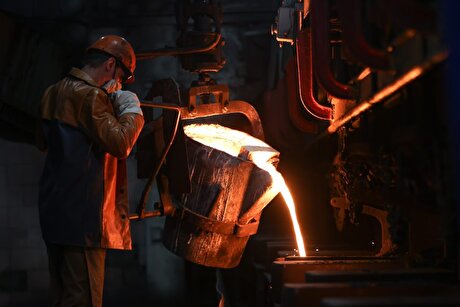
Brazil producers look to halt pig iron output as US tariff threat crimps demand
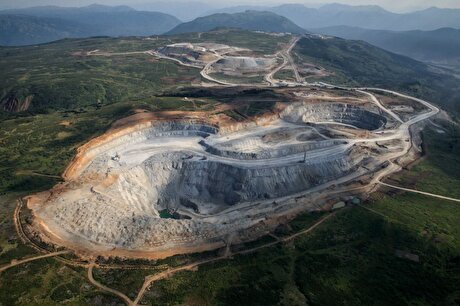
Three workers rescued after 60 hours trapped in Canada mine

US targets mine waste to boost local critical minerals supply

Titan Mining targets Q4 2025 to become only integrated US graphite producer
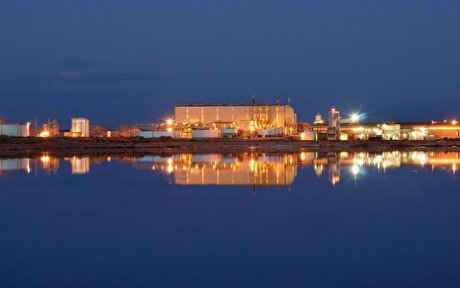
Energy Fuels surges to 3-year high as it begins heavy rare earth production
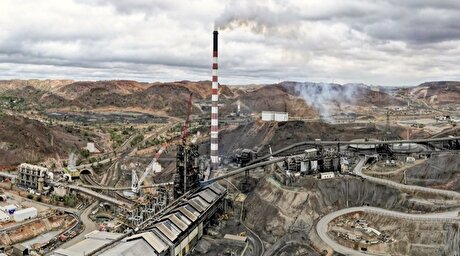
Glencore workers brace for layoffs on looming Mount Isa shutdown
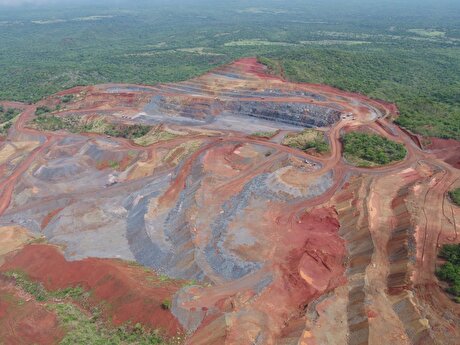
Resolute publishes initial resource for satellite deposit near Senegal mine

Gold price could hit $4,000 by year-end, says Fidelity

Southern Copper expects turmoil from US-China trade war to hit copper

Ramaco Resources secures five year permit for Brook rare earth mine in Wyoming

Column: EU’s pledge for $250 billion of US energy imports is delusional

Finland reclaims mining crown as Canada loses ground

Gold price down 1% on strong US economic data
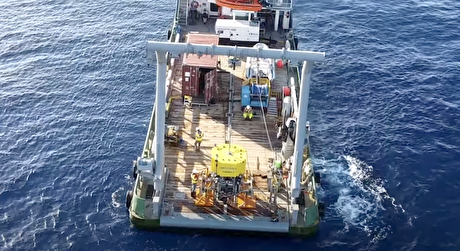
Trump’s deep-sea mining push defies treaties, stirs alarm
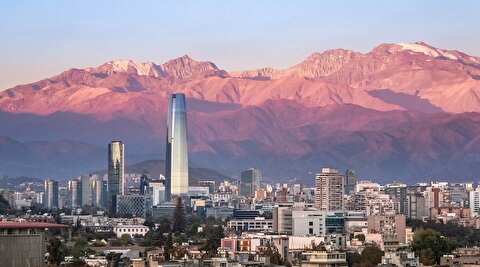
Chile’s 2025 vote puts mining sector’s future on the line
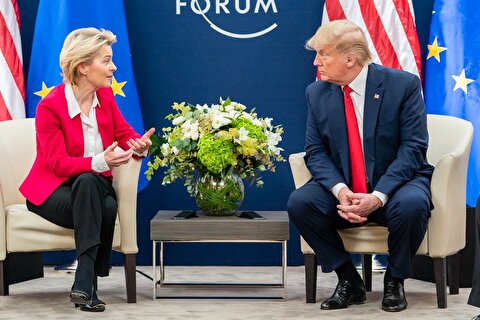
Gold price retreats to near 3-week low on US-EU trade deal

China’s lithium markets gripped by possible supply disruptions

Gold price could hit $4,000 by year-end, says Fidelity

Southern Copper expects turmoil from US-China trade war to hit copper

Ramaco Resources secures five year permit for Brook rare earth mine in Wyoming

Column: EU’s pledge for $250 billion of US energy imports is delusional

Gold price down 1% on strong US economic data

Trump’s deep-sea mining push defies treaties, stirs alarm

Chile’s 2025 vote puts mining sector’s future on the line

Gold price retreats to near 3-week low on US-EU trade deal

China’s lithium markets gripped by possible supply disruptions














